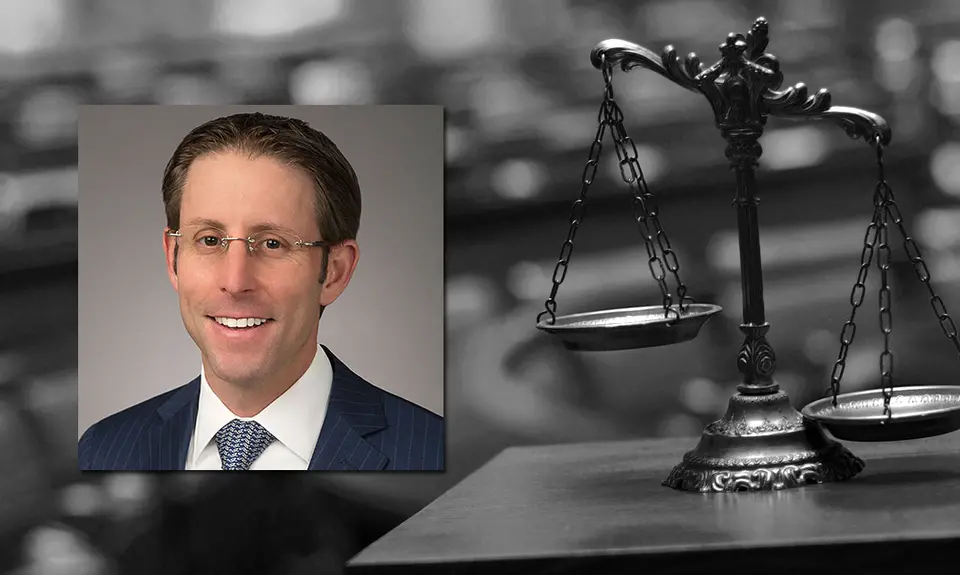“Confirmed Judges, Confirmed Fears” is a blog series documenting the harmful impact of President Trump’s judges on Americans’ rights and liberties. Cases in the series can be found by issue and by judge at this link.
Ninth Circuit Trump judge Daniel Bress tried to strike down a state law protecting the privacy of home health care workers in an October 2020 case called Boardman v. Inslee. The majority rejected his argument that the law violated the First Amendment rights of anti-labor advocates such as the Freedom Foundation who want to tell home health care workers that they can opt out of paying “fair share fees” to the public sector union that represents them.
In 2016, Washington voters approved a measure amending state criminal and civil law on identify theft targeting elderly and vulnerable individuals. The measure also added a new exemption to the state’s public record disclosure law: records containing personal information about elderly and vulnerable people and their Medicaid-funded in-home caregivers. However, the measure made the caregivers’ information available to the public sector unions that are required by law to represent them. Anti-union activists claimed this unconstitutionally denies them access to information based on their anti-union views. Judge Bress wrote a dissent agreeing with them.
But the panel majority comprised of George W. Bush judges Milan Smith and Randy Smith rejected their argument. First, they explained that the general prohibition of public disclosure applies regardless of the requester’s political views: It is “simply unfounded” to claim otherwise. And second, the labor unions who represent the workers are granted access not because of their political views on labor unions, but because they are the legally recognized representatives of the home care workers.
The majority also rejected Bress’s contention that the restriction was content-based because it was adopted in response to the plaintiffs’ outreach to the caregivers. Citing Supreme Court precedent, the panel noted that a restriction does not become content-based “simply because its enactment was motivated by the conduct of the partisans on one side of a debate.”
